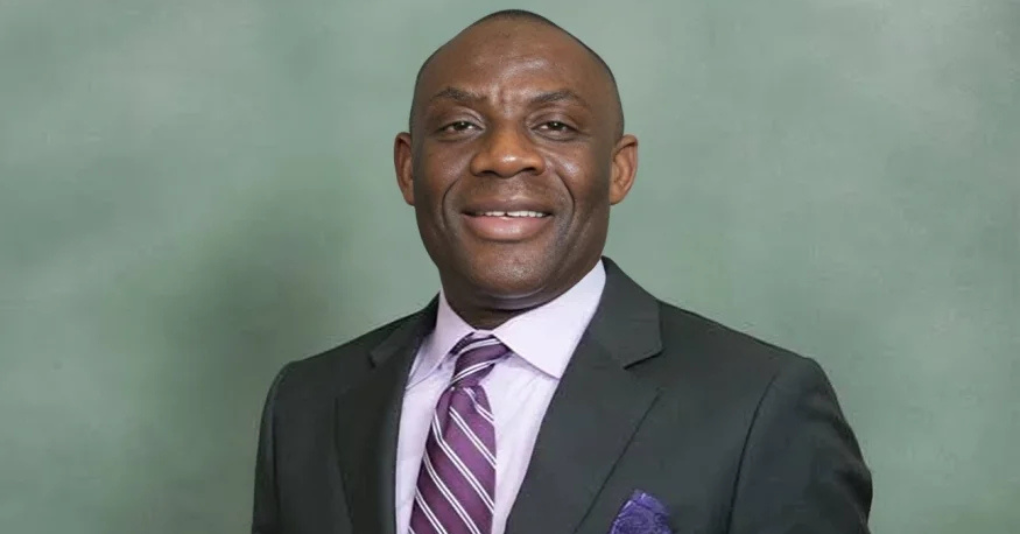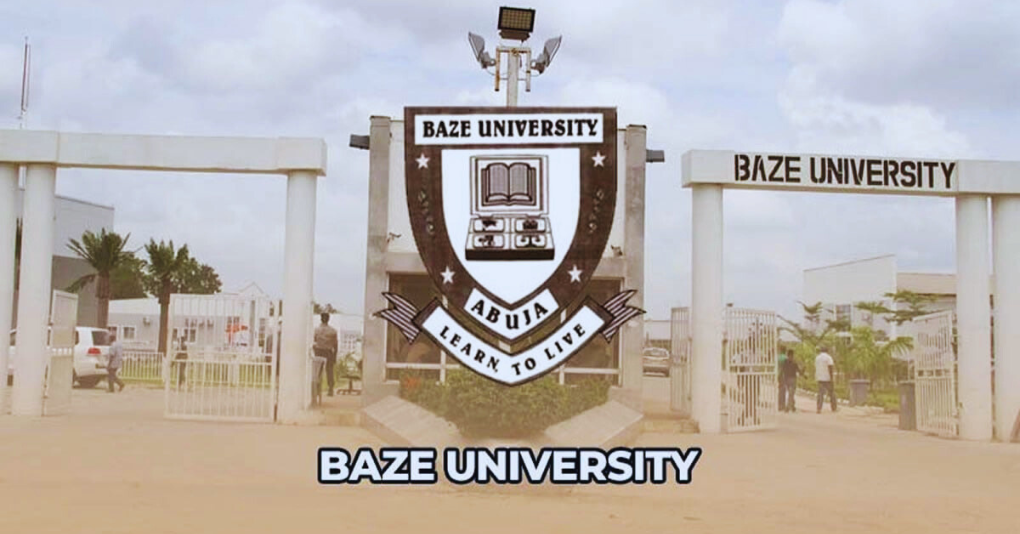As Nigeria’s 31st Minister of Education, Dr. Olatunji Alausa, assumes office, expectations from Nigerians are high as he is expected to surpass the performances of his predecessors in office.
In the history of Nigeria’s 64th Independence, the education sector has experienced several years of poor administration, policy summersaults and reversals, poor implementation and poor budgetary allocations to the sector.
Of the 30 ministers that have overseen the affairs of the education sector since the Tafawa Balewa administration as the Prime Minister, four were sacked for reasons of inefficiency and incompetence.
With Professor Tahir Mamman, the immediate past Minister as the fourth that got sacked by President Bola Ahmed Tinubu, others that were also shown the way out of office are Professor Fabian Osuji and Chinwe Obaji both under the Chief Olusegun Obasanjo led administration and Professor Ruquayyat Ahmed Rufa’I sacked by the ex-President Goodluck Jonathan.
Under the ex-president Muhammadu Buhari, Alhaji Adamu Adamu was the longest Minister of Education in office since Nigeria’s independence.
Adamu Adamu, the 29th Minister of Education, shocked Nigerians at the 66th National Council on Education (NCE) in Abuja in 2022 admitting he failed in his assignment as the Minister of Education in 8 years.
Though many Nigerians believed he did his best, Adamu said, “Most of our policies at the federal level pulled children out of the street back to the school, but evidently, the actions of the states’ governments are pushing the children back to the streets.
He added, “I worried that I came to office as Minister of Education seven years ago to tackle the myriads of issues confronting the education system, particularly the issue of out-of-school children. But unfortunately, I failed to achieve all these expectations.
“For seven years, I could not tackle the issue of out-of-school children and several other challenges in the education sector. There are many factors responsible for the failure, but the key one, probably, has to do with education commissioners in the states.”
Olatunji Alausa Sets Agenda
In his inaugural press briefing, the incumbent Minister of Education, Dr. Tunji Alausa, the Doctor of Medicine and Surgery from the University of Lagos, gave a dose of what Nigerians should expect as he abolished the 18-year admission benchmark for tertiary institutions in the country.
He also hinted at the possibility of reviewing the nation’s education policy, saying there would be no reversal of the Federal Government’s decision to void over 22,700-degree certificates obtained by Nigerians from some “fake” universities in neighbouring Togo and the Benin Republic.
The new minister announced an agenda targeting major educational challenges, including reducing the number of out-of-school children, updating the curriculum, and promoting Science, Technology, Engineering, Mathematics, and Medical Sciences (STEMM).
Nigeria’s new Education Minister, Olatunji Alausa addressed the nation’s urgent educational challenges, describing the country’s out-of-school children’s statistics as concerning.
The minister acknowledged that the situation is not good for the country’s sustainability, noting that President Tinubu is committed to reducing the number of out-of-school crises, declaring the issue a top priority for his administration.
“We have the heavy burden of having the highest number of out-of-school children in the world; this is not good to sustain the country,” he said.
Announcing that the Ministry has developed an agenda, and a work plan aimed at targeted initiatives to improve school enrollment, the Minister revealed plans by the government to create incentive tools to drive enrollment rates.
Alausa said, “We will work with the Ministry of Humanitarian Affairs, and we will also look for her budget to give conditional cash transfers to mothers to send their kids to school. We need to nourish the children for better brain development to help develop our human capital and human capacity.”
He added that benchmarks and monthly enrollment rate targets with the use of blueprints and Key Performance Indicators (KPIs) would be set to ensure consistent progress.
Curriculum Reviews
Speaking on the recently developed by the Nigerian Educational Research and Development Council (NERDC), the Minister hinted on revising the basic education curriculum, saying that the new curriculum will reflect the needs of the 21st century and the need for a strong focus on civic education.
“We will put a lot of emphasis on civic education, where we will educate the children at the basic education level to the post-basic education level on patriotism and what it means in Nigeria,” he said.
Attention On STEMM Education
Emphasising the urgent need to revitalise the education system with contemporary needs, the Minister announced an increased focus on Science, Technology, Engineering, Mathematics, and Medical Sciences (STEMM).
He said, “Today we have been dealing with a lack of manpower to service our hospital, to provide care for our people. We will focus and redirect our effort on STEMM. We will work with the universities, polytechnics, and monotechnics to do that. From now on, we will drive the agenda focusing heavily on STEMM.”
He added that the collaboration with the institutions aims to boost programmes in specific areas and address workforce gaps, especially in the healthcare sector.
Vocational And Practical Skills Development
Addressing the need to revitalisation Technical Vocational Education And Training (TVET), Dr. Alausa plans were underway to enhance the infrastructure at technical colleges in partnership with the private sector to create employment opportunities for graduates.
He emphasised the importance of practical training, noting “80 per cent of our education will be on practical training and 20 per cent will be theoretical/classroom.”
“The government will introduce stipends for students pursuing technical training and certify trainers to ensure quality instruction.”
To support this, he indicated plans to engage the private sector for collaboration to ensure the availability of jobs for young men and women.
Expanding training programmes
Mr. Alausa announced a new training programme focused on renewable energy adding that all agricultural universities would soon be required to establish mechanised farming initiatives.
Share this post





Be the first to comment on this post